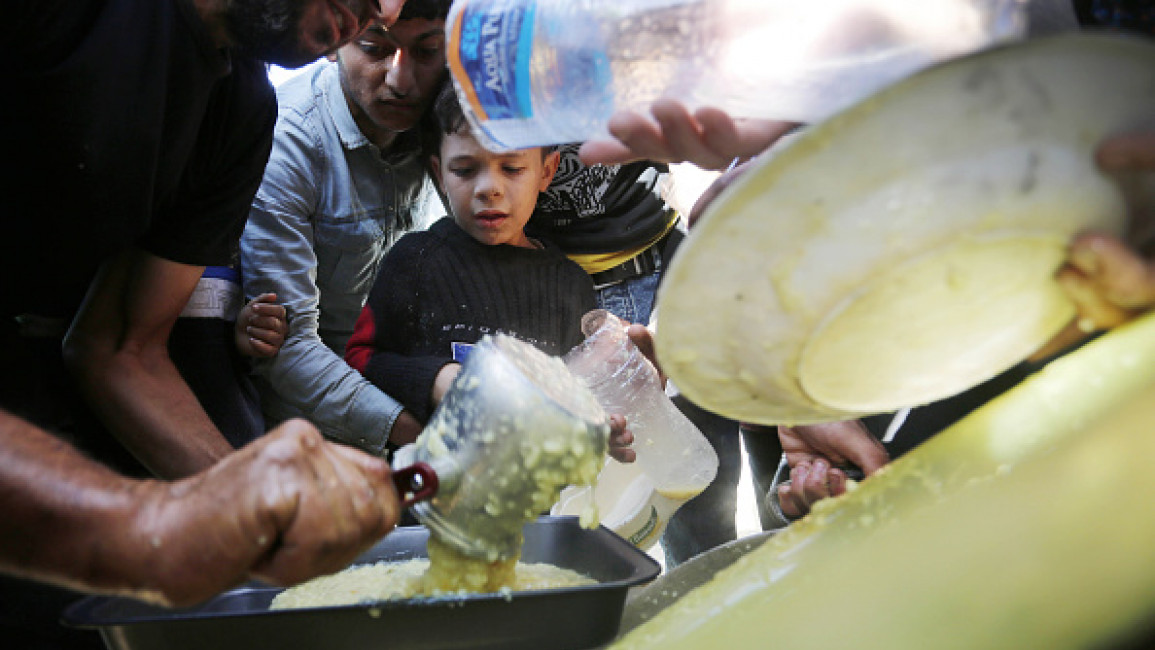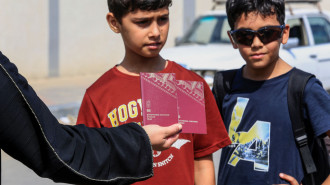80% of Gazans facing 'catastrophic' hunger amid bombing and blockade, says charity
As Israel’s war on Gaza approaches its 100th day, the rights group Action Against Hunger has issued an urgent appeal for a permanent ceasefire, as 80 percent of Gaza’s population faces "catastrophic levels of hunger and famine."
According to recent reports, Gaza is at the epicentre of a severe humanitarian crisis, with 80 percent of the population at risk of famine or experiencing catastrophic hunger.
Action Against Hunger's regional head of operations in the Middle East, Chiara Saccardi, stressed the dire situation, noting that the entire population of Gaza was displaced, hungry, and many were sick and injured.
"The entire population of Gaza is displaced, hungry, thirsty, and many are sick and injured. The situation is beyond desperate and conditions are preventing us from meeting these vital needs on the scale required."
"We are deeply concerned about this, as we should have improved access and protection during armed conflict. Many more people will die of hunger and disease if there is no immediate ceasefire and an increase in aid," Saccardi said.
The organisation also highlighted that the blockade imposed by Israel on Gaza prevented the delivery of adequate life-saving aid, adding that its teams were no longer able to reach northern areas of Gaza, where the need was most acute.
Some Palestinian social media activists have rejected the use of the term "famine" as a cause of hunger in Gaza, highlighting that the reality of the situation was an enforced starvation by Israel as it continued to besiege the strip.
The local population in Gaza faced limited local market supplies and soaring inflation, making basic necessities unaffordable for most.
The situation was further exacerbated by the ongoing war and lack of fuel, according to the charity.
The WHO had warned on 28 December that Gazans were in "grave peril" after more than 11 weeks of fighting at that time, leading to "acute hunger”.
In a statement, the WHO said hungry people were stopping its convoys in the hope of finding food.
"WHO's ability to supply medicines, medical supplies, and fuel to hospitals is being increasingly constrained by the hunger and desperation of people en route to, and within, hospitals we reach."




 Follow the Middle East's top stories in English at The New Arab on Google News
Follow the Middle East's top stories in English at The New Arab on Google News
![People gathered around the rubble of destroyed houses to search for survivors [Getty]](/sites/default/files/styles/image_330x185/public/2024-11/GettyImages-2184733820.jpg?h=199d8c1f&itok=NiM1LO2f)

